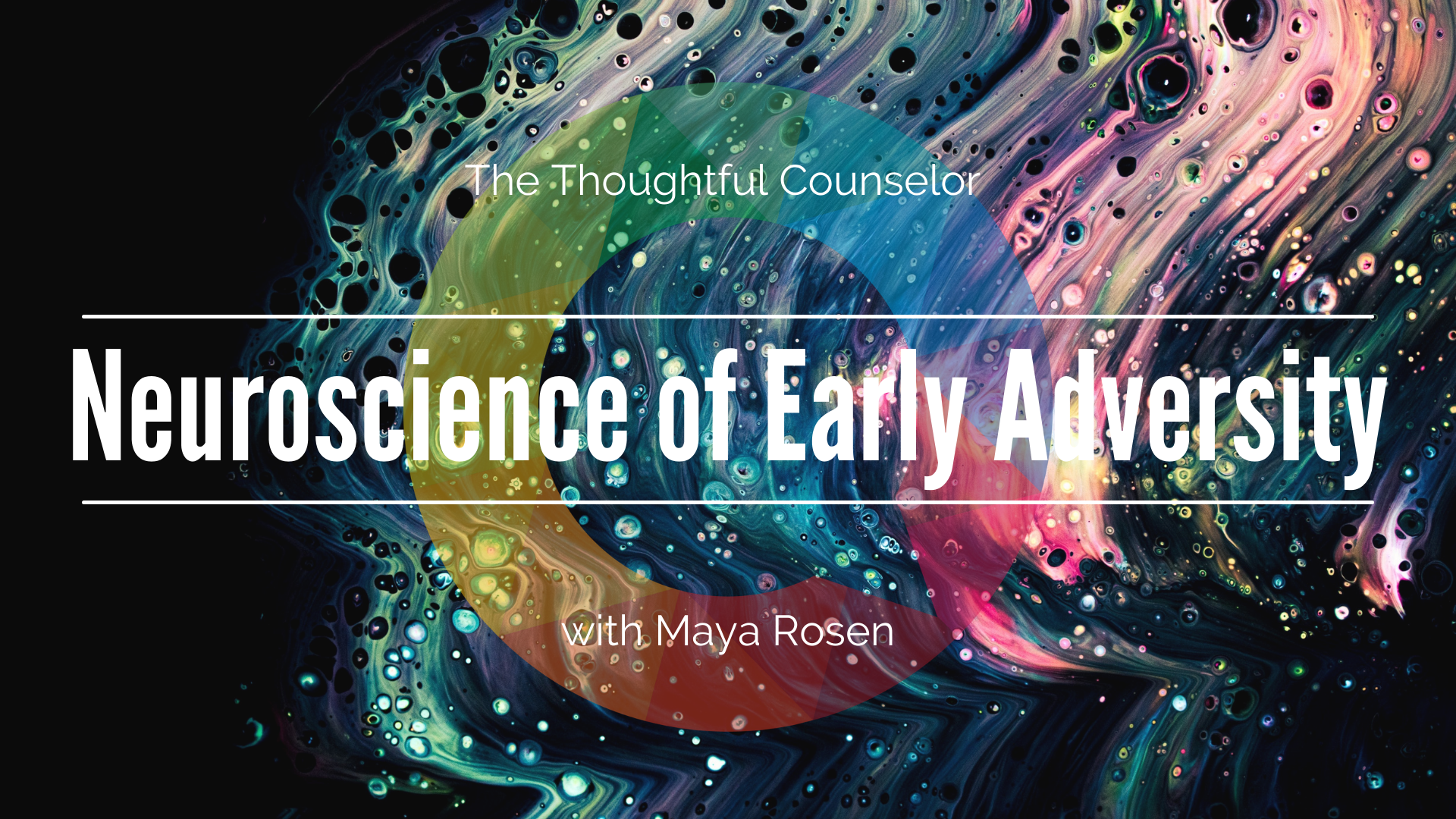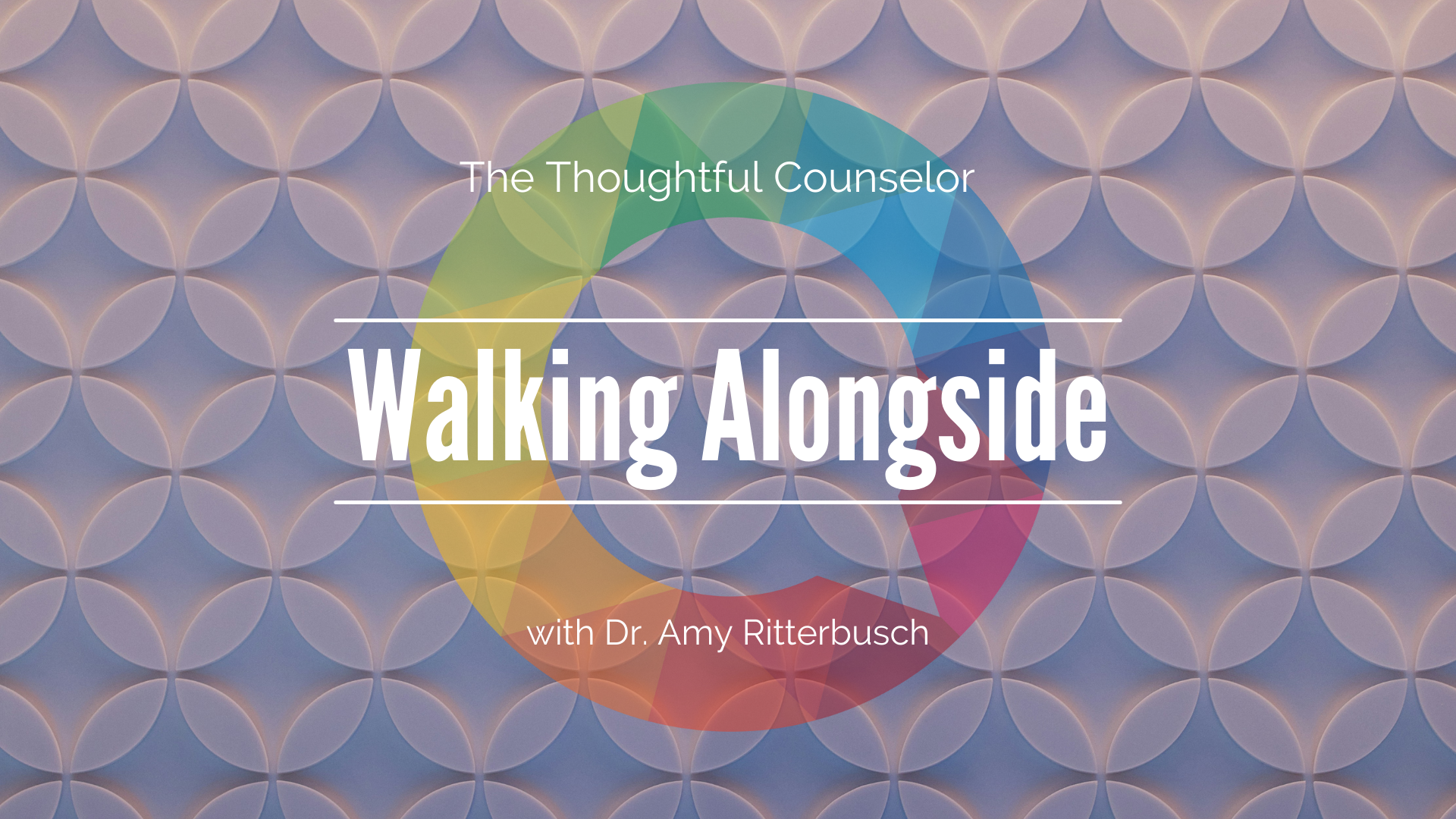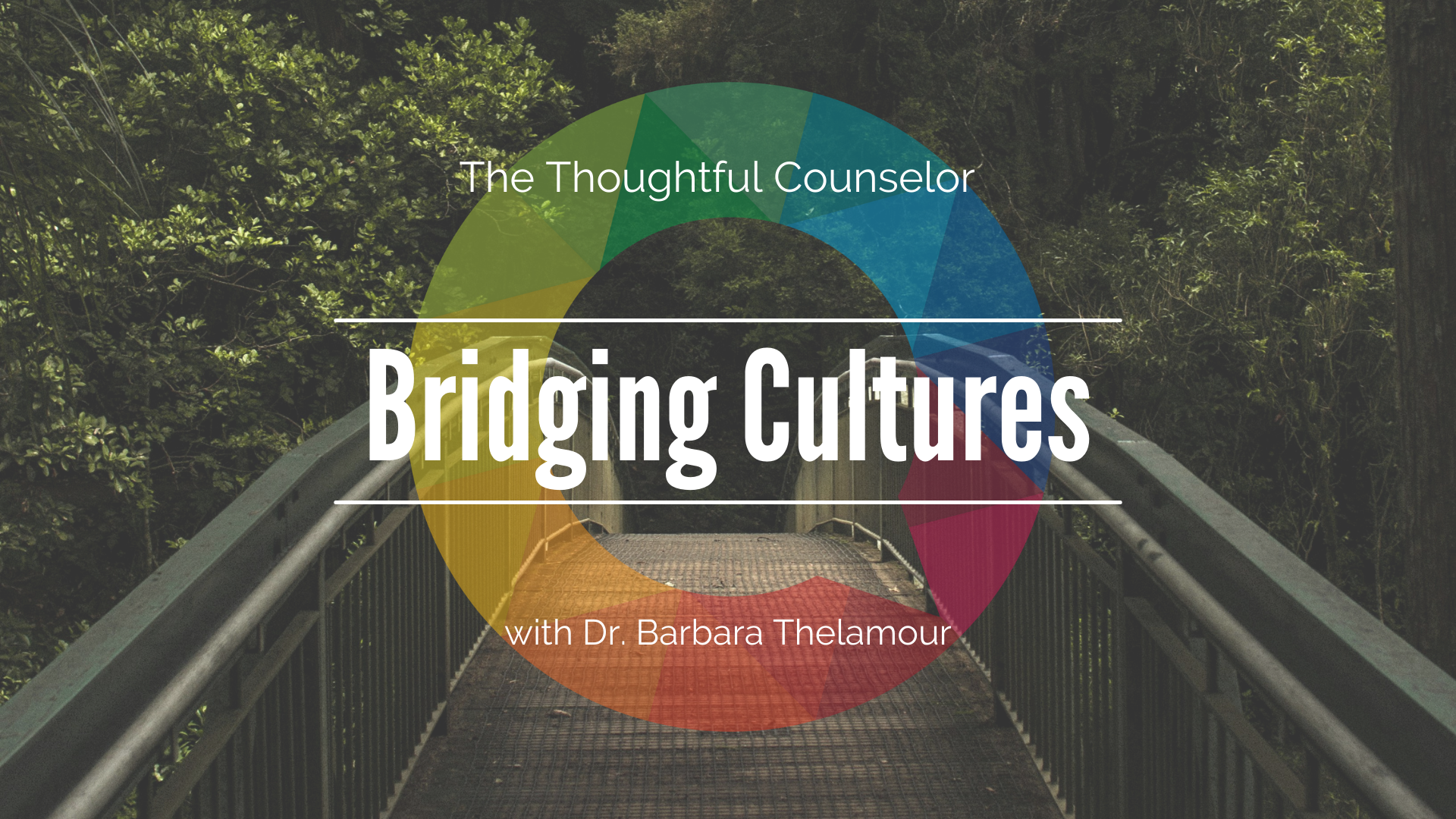Episode
About this Episode:
In this episode, Raissa Miller talks with Maya Rosen about the primary science and practical translations of early adversity. Dr. Rosen gives a historical perspective on adversity research and offers new insights into contemporary conceptualizations and research methods. Dr. Rosen highlights a strength-based perspective and discusses the role relationships play in fostering resilience.
Presenter
About Maya:
Maya Rosen is a developmental cognitive neuroscientist investigating how environmental experience during childhood—including socioeconomic status, cognitive stimulation, and exposure to violence—are associated with cognitive and neural development in children from diverse backgrounds. The ultimate goal of her research is to understand how individual differences in cognitive and neural function influence long-term outcomes in children, including academic achievement, socio-emotional development, and mental health. She received her B.A. in Neuroscience from Skidmore College and went on to complete a PhD in Psychological & Brain Sciences in the Brain, Behavior, & Cognition program at Boston University. She is currently a Research Associate at Harvard University in the Stress & Development Lab. In July of 2022, she will begin as an Assistant Professor in Human Neuroscience at Smith College in Northampton, MA.





















